Kolkata, April 30, 2025 — A national seminar on “Enhancing Pharmaceutical Quality Assurance Through Good Manufacturing Practices (GMP) and the Revamped Pharmaceutical Technology Upgradation Assistance Scheme (RPTUAS)” organized by PHD Chamber of Commerce and Industry (PHDCCI) was held at Techno India University (TIU), bringing together industry leaders, regulatory experts, and academicians to discuss critical reforms in pharmaceutical manufacturing and technology adoption.
The event commenced with the national anthem, which was followed by the traditional lamp-lighting ceremony, graced by eminent guests who lit the ceremonial lamp to formally inaugurate the seminar.

Dr. Samiran Chattopadhyay, Vice Chancellor, Techno India University, delivered the inaugural address. He emphasized the university’s commitment to bridging academic insights with real-world industrial needs. “The pharmaceutical sector is at a critical juncture, where compliance and innovation must go hand in hand”, he stated, underlining the need for academic-industry collaboration.
The technical session began with the introduction of distinguished guests:
- Dr. Mukti Ranjan Rana, Regulatory Expert
- Mr. Amit Patwal, Pharma Industry Strategist
- Mr. Ashok Kumar, GMP Consultant
- Dr. Subhash C Mandal, Industrial Pharmacologist
- Mr. Jayanta Chatterjee, Compliance Specialist
- Mr. Probhas Bandhu Chakraborty, Quality Assurance Expert
- Dr. Beduin Mahanti, Pharmaceutical Technologist & Director, School of Pharmacy ; Dean -Faculty of Health Science ( Nursing, Pharmacy & allied health Sciences) Techno India University

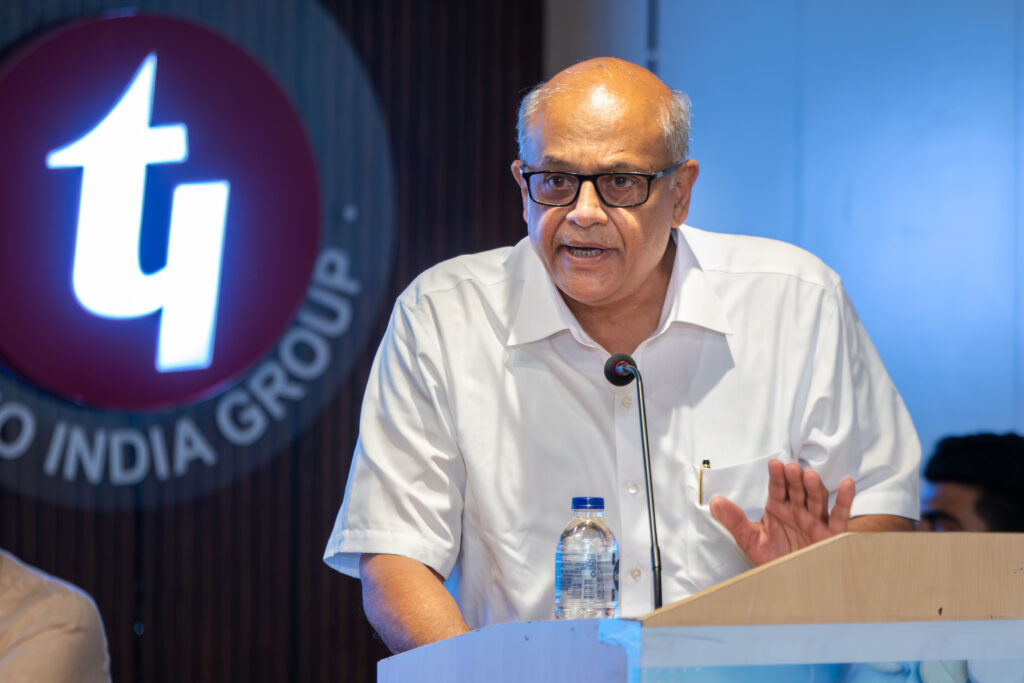

The objectives of the seminar included:
- Understanding the significance of GMP in ensuring drug safety and efficacy
- Discussing the rationale behind the revision of Schedule-M
- Promoting awareness of the RPTUAS and its benefits for MSMEs
- Encouraging dialogue between regulatory bodies, manufacturers, and academia
Key sessions of the conference covered:
- Historical evolution and significance of GMP in India
- Comparative analysis of existing Schedule-M vs. the revised version
- Technical and financial support mechanisms under RPTUAS
- Strategies for smoother implementation of revised standards
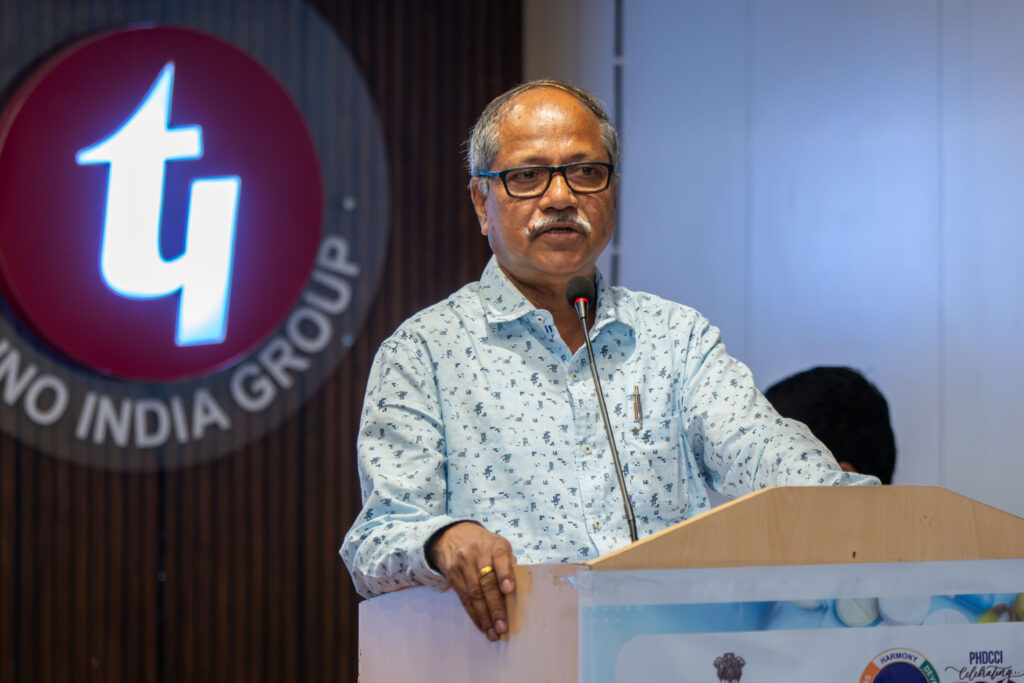
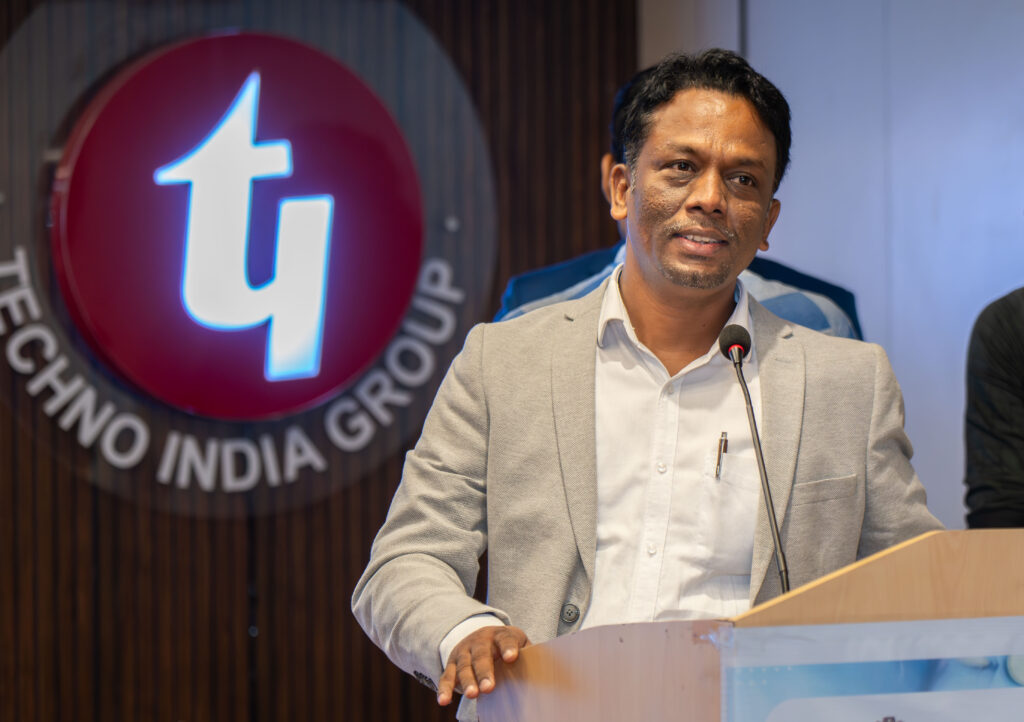

First Half: Good Manufacturing Practices and Schedule-M
The first half focused on “Why GMP is Important?” Dr. Mukti Rana traced the global history and Indian evolution of GMP standards, emphasizing its role in preventing contamination, mix-ups, and ensuring patient safety. This led to a presentation on the “History of Schedule-M” — originally introduced to align Indian manufacturing with WHO-GMP norms. Experts pointed out that many sections had become obsolete or insufficient due to scientific and technological advancements.
A comparative session titled “Existing Schedule-M vs Revised Schedule-M” was presented by Mr. Ashok Kumar, highlighting the structural and content-based changes. He emphasized that the new version includes more detailed guidelines on premises, documentation, environmental control, risk management, and quality oversight.
Key features of the revised Schedule-M include:
- Broadened eligibility criteria for various pharma enterprises
- Flexible financing options for SMEs through the RPTUAS
- Comprehensive support for ensuring compliance with international standards
A lively panel discussion followed, where stakeholders shared concerns about the feasibility and timelines of implementing the revised guidelines. The interactive session helped bridge gaps between regulatory expectations and industry capabilities. Felicitation of speakers and guests concluded the first half, acknowledging their valuable contributions.

Second Half: Industry Expectations and Implementation Challenges
The second half kicked off with the theme “Industry Management’s Perception and Expectations in Implementation of Revised Schedule-M”. Mr. Jayanta Chatterjee and Mr. Probhas Bandhu Chakraborty led the discussion, representing the views of pharmaceutical company leaders. Dr. Subhas Mondal highlighted the significance of Quality Management of Pharmaceutical Products, explaining how QMS frameworks must evolve alongside regulatory reforms.
A critical session focused on “Problems in Implementing Revised Schedule-M and Probable Solutions.” Dr. Beduin Mahanti provided case studies showcasing the challenges small firms face, such as lack of technical know-how, high compliance costs, and resistance to change. Proposed solutions included:
- Capacity building through training
- Financial support under RPTUAS
- Simplification of audit processes for smaller manufacturers
The second panel discussion allowed both regulators and manufacturers to explore ways of smoother integration of revised standards, moderated by Mr. Amit Patwal. The conversation steered toward practical timelines, realistic incentives, and how academia can aid in knowledge transfer. Another felicitation session honoured the guests and speakers of the second half for their critical inputs.


The revamped Pharmaceutical Technology Upgradation Assistance Scheme (RPTUAS) aims to modernize Indian pharmaceutical units, especially MSMEs. The scheme now offers:
- Subsidies and soft loans for technology upgrades
- Incentives for GMP compliance
- Technical guidance for regulatory alignment
The PHD Chamber of Commerce and Industry (PHDCCI), a key partner in policy advocacy, is actively promoting the scheme. It plays a pivotal role in organizing workshops, aiding application processes, and ensuring coordination with government bodies.
The day-long seminar concluded with a closing speech delivered by the organizing committee, thanking the guests, panellists, faculty, and students. “The insights shared today will not just benefit academia but also inspire real change in the pharmaceutical landscape”, the committee stated.
This event at Techno India University served as a crucial platform for knowledge sharing, promoting synergy between policy, industry, and academia to ensure India’s pharmaceutical sector remains compliant, competitive, and globally recognized.

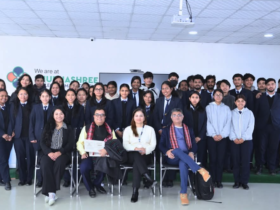
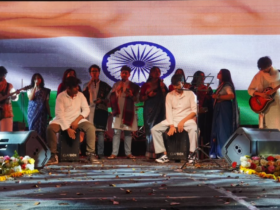
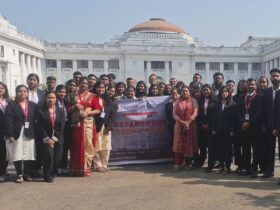
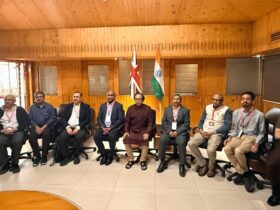
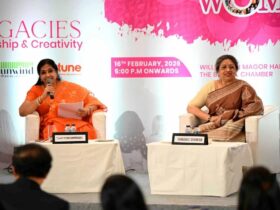
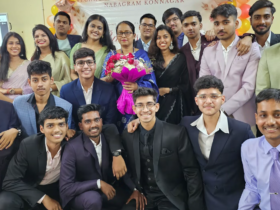

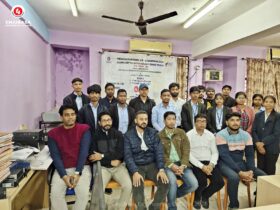

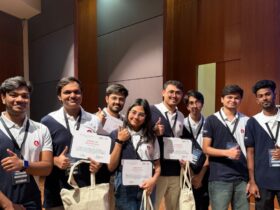

Leave a Reply